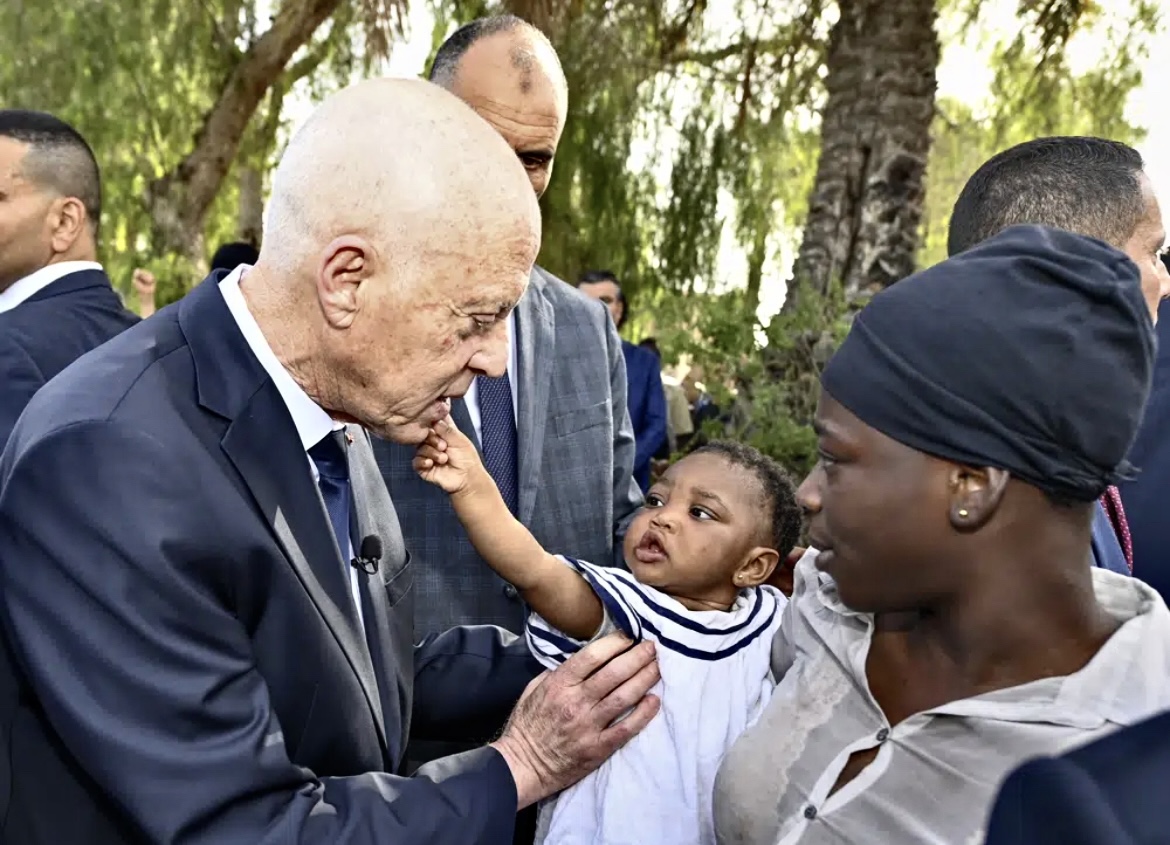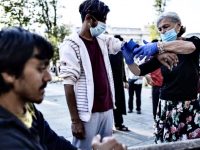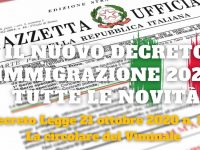The mother and the little girl, symbols of the tragedy unfolding in the desert along…

Tunisia, the EU proposes a €900 million aid plan. President Saied slows down
The agreement announced by the President of the European Commission Ursula von der Leyen, who together with the Italian Prime Minister Giorgia Meloni and the Dutch Prime Minister Mark Rutte, went to Tunis to talk about the economy and migration, presents both advantages and disadvantages.
In the face of the proposal of aid for €900 million, for long-term support for Tunisia, President Kaos Saied has publicly shown interest and availability, but has expressed doubts and disagreement with the line that European countries hope for.
“The migrants who land on our coasts are victims of a global system – he said on the sidelines of a visit to a displaced persons camp in the Sfax area – which treats them not as human beings, but as mere numbers. It is unacceptable that we act as border guards for other countries”.
The Tunisian president argues that “the solution must be collective and within the framework of the law: the situation that Tunisia is going through is abnormal and we must put an end to this inhuman situation”.
Kais insists on denouncing “human trafficking” and understanding that they are “victims of poverty and civil wars who take refuge in our country”, but Tunisia, despite being a state that has its laws and respects human beings, asks that “the same laws be respected north of the Mediterranean and not south”.
In short, the Tunisian president, who has also had highly racist outbursts that have fueled in his country a sort of hunt and hatred towards black migrants, those from Africa, continues to maintain that the solution proposed by Europe “cannot be at the expense of Tunisia and those we protect, but migrants must respect the law and be legal”.
Von der Leyen, in highlighting that “there was a good discussion with President Saied” and that the meeting in Tunis “was an important milestone”, shows that she does not have a full awareness of the real relations with Tunisia and in general of the real situation on the ground.
Indeed, in the joint declaration with Prime Minister Meloni and Prime Minister Rutte, she defined Tunisia’s “democratic path” as a “long road, sometimes difficult, but difficulties that can be overcome”.
In short, a lot of rhetoric and little substance.
The only element acquired following the EU-Tunisia memorandum seems to be the assignment to Italy of the organization of the international conference on migration and development mentioned in the meeting with President Saied.




